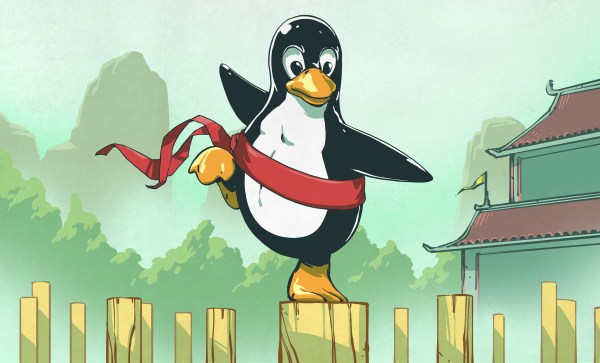Elastocaloric materials are a class of materials that exhibit a big change in temperature when exposed to mechanical stress. This could potentially make them useful as solid-state replacement for both vapor-compression refrigeration systems and Peltier coolers.

So far one issue has been that reaching freezing temperatures was impossible, but a recently demonstrated solution (online PDF via IEEE Spectrum) using NiTi-based shape-memory alloys addressed that issue with a final temperature of -12°C achieved within 15 minutes from room temperature.
In the paper by [Guoan Zhou] et al. the cascade cooler is described, with eight stages of each three tubular, thin-walled NiTi structures. Each of these stages is mechanically loaded by a ceramic head that provides the 900 MPa mechanical stress required to transfer thermal energy via the stages from one side to the other of the device, alternately absorbing or releasing the energy with CaCl2 as the heat-exchange fluid.
NiTi alloys are known as about the ideal type of SMA for this elastocaloric purpose, so how much further this technology can be pushed remains to be seen. For stationary refrigeration applications it might just be the ticket, but we’ll have to see as the technology is developed further.


















